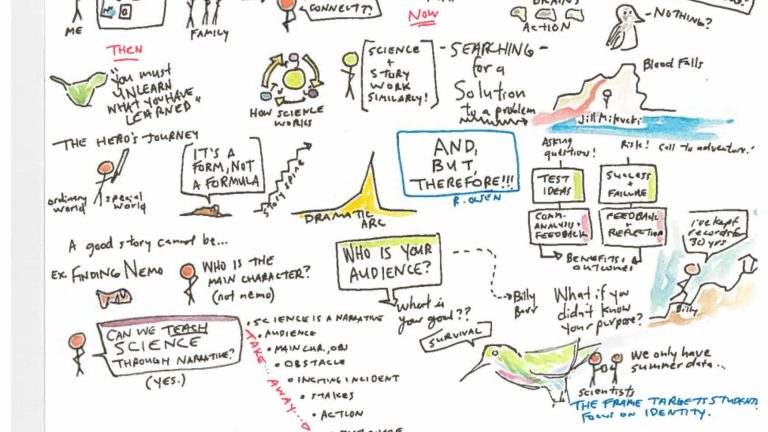How To Train Yourself To Stop Using Filler Words?
Do you find yourself constantly using filler words like “um,” “uh,” or “like” when speaking? If so, you’re not alone. Many people use these filler words without even realizing it, which can detract from the clarity and impact of their message. In this guide, we will explore some effective strategies to train yourself to stop using filler words and become a more confident and articulate communicator. Join us on this journey to improve your speaking skills and make a lasting impression with your words. Let’s get started!
- Be aware of your filler words.
- Practice speaking slowly and thoughtfully.
- Record yourself speaking and analyze your usage of filler words.
- Use pauses and silence instead of filler words.
- Enlist the help of a friend or speech coach to provide feedback.
- Practice speaking in front of others to build confidence.
How to train yourself to stop using filler words?
Filler words are words or phrases that are used to fill in gaps in speech or writing. They often serve no real purpose and can make your communication sound less confident and less professional. If you find yourself using filler words frequently and want to train yourself to stop, here are some strategies you can try:
First, become aware of your filler word usage. Pay attention to when and how often you use filler words in your speech. This awareness is the first step towards making a change. You can even record yourself speaking to analyze your usage of filler words.
Next, practice pausing. Filler words often come out when we are thinking or searching for the right words to say. Instead of using a filler word, take a moment to pause and gather your thoughts. This pause can actually make your speech sound more deliberate and thoughtful.
Additionally, try to increase your vocabulary. Sometimes we use filler words because we are not confident in finding the right word to express our thoughts. By expanding your vocabulary, you will have a wider range of words to choose from, reducing the need for filler words.
Another technique is to practice speaking slowly. Speaking at a slower pace allows you to think more clearly and reduces the need for filler words. Take your time when speaking and focus on articulating your words clearly.
Furthermore, seek feedback from others. Ask your friends, colleagues, or family members to let you know when you use filler words. Having someone point out your usage can help you become more aware and conscious of it. You can also practice speaking in front of a mirror to observe your own speech patterns.
Lastly, practice, practice, practice. Like any habit, eliminating filler words takes time and effort. The more you consciously work on reducing your usage, the more natural it will become. Practice speaking without filler words in different situations, such as during presentations or conversations, to build your confidence and fluency.
How to Stop Using Filler Words
In conclusion, mastering the art of eliminating filler words from our speech can greatly enhance our communication skills. By consciously training ourselves to be more aware of our word choices, we can become more effective and persuasive communicators. It may take time and effort to break the habit of using filler words, but the benefits are well worth it.
The first step in training ourselves to stop using filler words is to become aware of our speech patterns. By actively listening to ourselves, we can identify the specific filler words we tend to rely on. Common filler words include “um,” “like,” and “you know.” Once we are aware of these habits, we can begin to consciously replace them with more meaningful and purposeful words.
Next, it is important to practice speaking without filler words in various situations. This can be done by engaging in conversations with friends, colleagues, or even recording ourselves speaking. By actively focusing on eliminating filler words, we can gradually train ourselves to speak more fluently and confidently.
Lastly, seeking feedback from others can be immensely helpful in our journey to reduce filler words. By asking for constructive criticism, we can gain valuable insights into our speech patterns and identify areas for improvement. Whether it’s a trusted friend, a mentor, or a public speaking coach, their feedback can provide us with the necessary guidance to refine our communication skills.
In conclusion, training ourselves to stop using filler words requires self-awareness, practice, and feedback. By committing to this process, we can become more effective communicators, conveying our thoughts and ideas with clarity and confidence. So let’s take the first step today and embark on this empowering journey to master the art of eliminating filler words from our speech.



